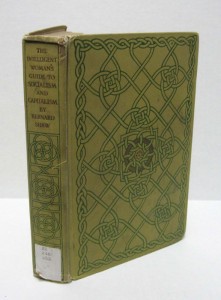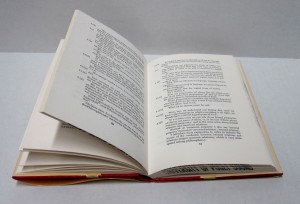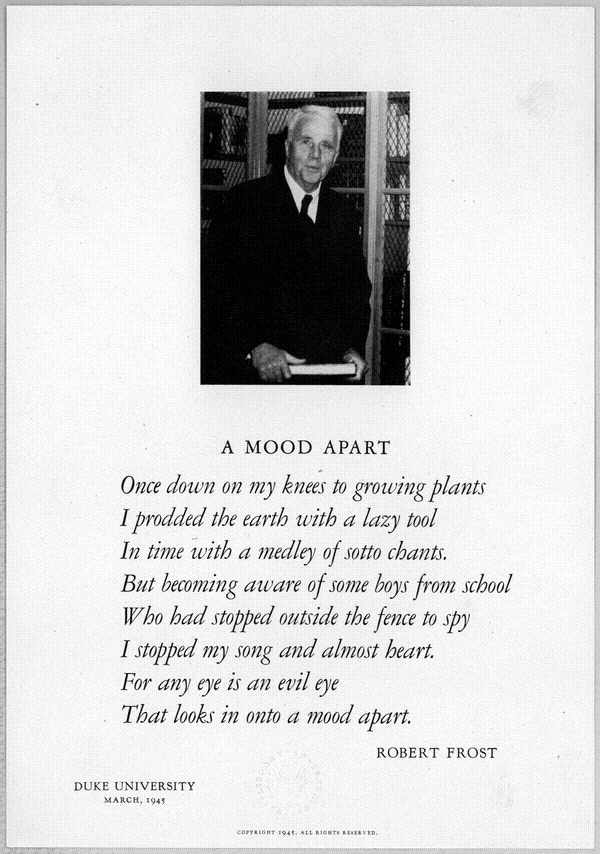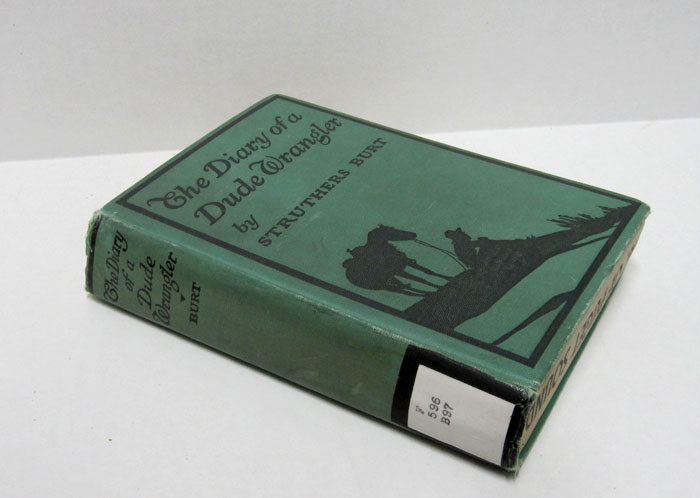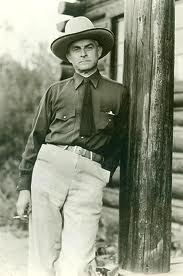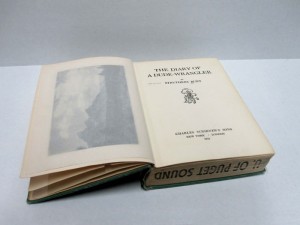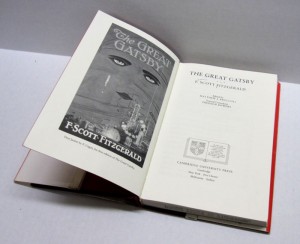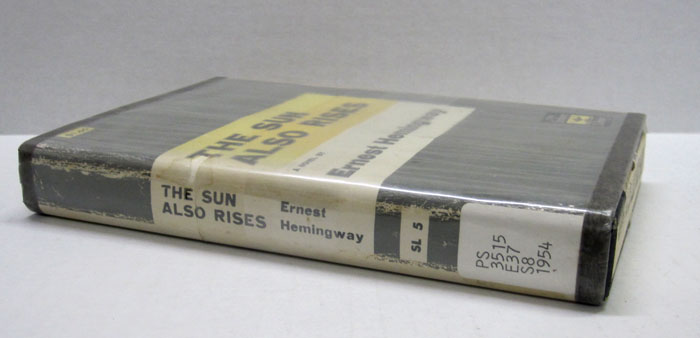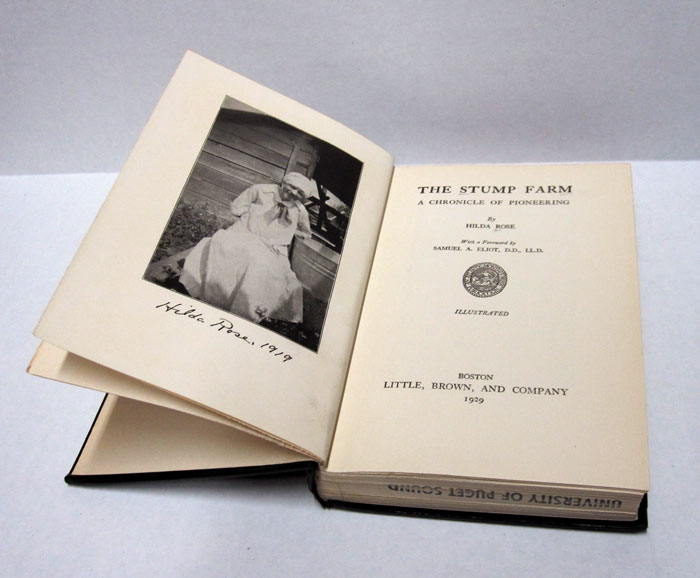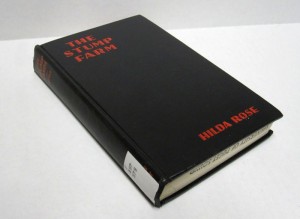1928: The European Scrap Book- The Years Golden Harvest of Thought and Achievement
Author/Editor: George Bernard Shaw
Find it in Collins Library!

A literary and intellectual time capsule, The European Scrapbook: The Year’s Golden Harvest of Thought and Achievement is a collection of short articles and images documenting the year 1928. Literature, philosophy, social issues, political issues, and cultural matters are all represented to create a snapshot of European life. In hindsight, some passages particularly stand out, such as an article discussing the rapid scientific progress which cautioned again the “dangers of another world war with new and more terrible weapons”. The titles of some other pieces hint at an increasingly global awareness: “Christ Depicted on the Japanese Stage”, “Why I Shot a Chinese General”, and “Debunking the Mexican Indian”. There are also numerous treatises on the American experience and culture, illustrating America’s emergence on the world stage.
What makes this collection of perspectives so fascinating is the context in which they were written. Europe was experiencing an economic boom alongside political upheaval in Italy and Germany, prompting a new examination of the status quo. Yet the world was on the eve of the Great Depression. The result is a snapshot of Europe at a crossroads and, as such, is best appreciated in retrospect. Coincidentally, there is an entire chapter devoted to George Bernard Shaw’s new book, The Intelligent Woman’s Guide to Socialism and Capitalism! ( see year 1927)


The Intelligent Woman’s Guide to Socialism & Capitalism
Author/Editor: George Bernard Shaw
Find it in Collins Library!

The Intelligent Woman’s Guide to Socialism and Capitalism” was published in 1927, when George Bernard Shaw was at the very pinnacle of his success as a playwright. The book was intended to be a political primer for the “intelligent woman.” The books is dedicated to his sister in law Mary Stewart Cholmondely the intelligent woman to whose question this book is the best answer I can make. In the forward to American readers, Shaw states: “I have been asked whether there are any intelligent women in America. There must be; for politically the men there are such futile gossips that the United States could not possibly carry on unless there were some sort of practical intelligence back of them. But I will let you into a secret which bears on this point. By this book I shall get at the American men through the American women.” At the conclusion of the book there is an Appendix, Instead of a Bibliography and Shaw writes: “This book is so long that I can hardly think that any woman will want to reach much more about Socialism and Capitalism for some time. Besides, a bibliography is supposed to be an acknowledgment by the author of the books from which his own book was compiled. Now this book is not a compilation; it is all out of my own head. It was started by a lady asking me to write her a letter explaining Socialism.
